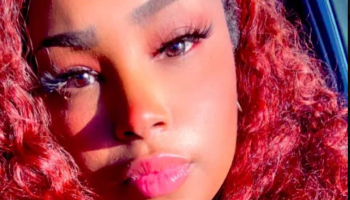Discrimination & Mental Health
The mental health of our community continues to be impacted by the senseless violence,
police brutality and racial discrimination we see exhibited each and every day.
African American adults are more likely than white adults to feel sad, worthless or hopeless and
three times more likely to report serious psychological stress, according to the U.S. Health and
Human Services Office of Minority Health.
Mental Health America sites historical diversity as a key factor, which leads to poor mental
health for African Americans. It notes that issues including slavery and race-based exclusion from
health, educational, social and economic resources have led to many of the socioeconomic
inequalities that African Americans deal with today. Those inequalities have led to high levels of
stress and anxiety as African Americans face a wide range of challenges as a result of systemic
exclusion and intentional marginalization. Additionally, researchers state, “people who are
impoverished, homeless, incarcerated or have substance abuse problems are at higher risk for poor
mental health.”
Coupled with current racial tensions and divides in our culture those factors have a
significant impact on the mental health of our community. Researchers at the American
Psychological Association report that “racial discrimination is more closely associated with the
development of lifetime depressive and mood disorders.” It also notes that black men who
experience racial discrimination between the ages of 20 and 23 are more likely to develop anxiety
and depression by age 32. A study in the American Journal of Public Health noted that black men
who have encounters with police experience more anxiety and symptoms of post-traumatic stress
disorder (PTSD). Additionally, over 25% of Black youth who are exposed to violence also have
a higher chance of developing PTSD.
The fact is you cannot completely address poor mental health in our community without
directly addressing the factors that helped to cause them. That requires the work of our collective
community and healthcare professionals who not only understand how to provide proper treatment
but also are sensitive to the role that culture, history and socioeconomic disparities play in the
causation and treatment of this disorder.
Sources:
http://www.mentalhealthamerica.net/african-american-mental-health
http://www.apa.org/advocacy/civil-rights/diversity/african-american-health.aspx
https://www.census.gov/newsroom/releases/archives/2010_census/cb11-cn185.html
https://www.huffingtonpost.com/entry/yougoodman-black-men-and-mental-health_us_
http://www.mentalhealthamerica.net/african-american-mental-health
www.psychiatry.org/news-room/apa-blogs/apa-blog/2017/10/racism-and-mental-health
By Jiaya Ingram
Discrimination & Mental Health was originally published on rnbphilly.com












